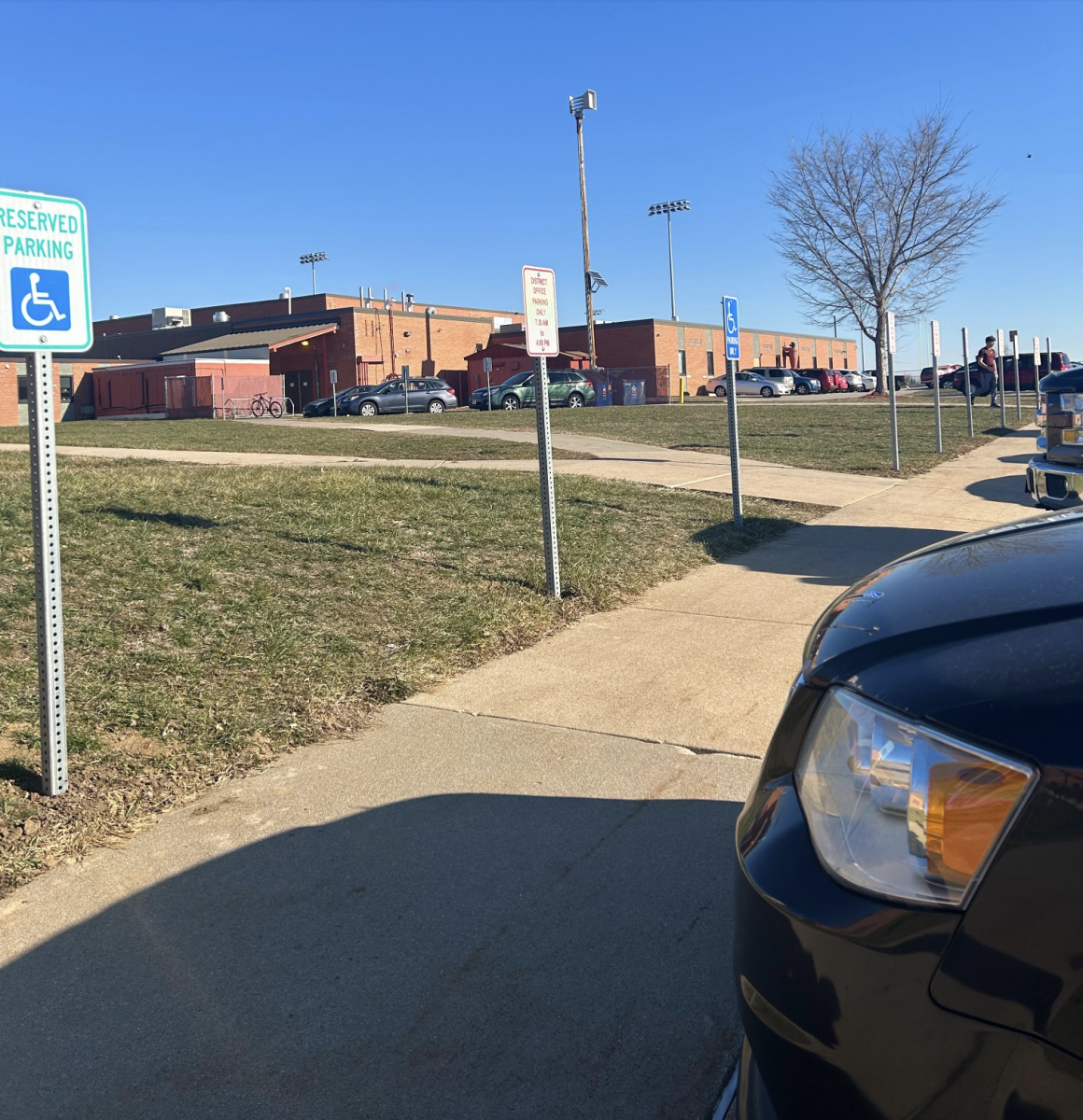Mental and physical health professionals’ current state is at an all-time low. With organizations being understaffed, staff being underpaid, and the current workers experiencing burnout from lack of a work-life balance, seeking help has been more challenging than imaginable.
The shortage began right before Covid, with the number of services needed significantly surpassing the number of mental health professionals, which left many Americans in places where they were unable to get help. While the professionals around have always faced a hefty workload with little to no room for their personal lives, that was only amplified by Covid. Not only has the workload been heavy, but the pay doesn’t suffice. Many mental health experts must rely on private insurance or self-pay to cover their services. Along with low reimbursement rates from insurance, mental health professionals have been stretched too thin, which has been deterring students from joining the profession.
Not only has there been a deficiency of mental health professionals, but also physical health experts. These specialists have been facing the same complications as mental health specialists with not enough pay, burnout from the loss of personal life causing these experts to be worried about their mental health, or the ratio in which individuals come into the profession and workers retiring not being remotely equal. According to the U.S. Bureau of Labor Statistics, around 22,000 physical therapists left their jobs in 2021, causing many people to be waitlisted with no sign of getting into PT anytime soon, leaving the patients and the professionals stressed.
Thankfully, there are ways to combat this health crisis. Something that might help is to boost morale. Give professionals higher pay to compensate for the time and effort that they put in, along with a somewhat flexible schedule to allow them time to think. One other suggestion is that we make education more accessible so that we will have young people joining the profession to replace those who retire. All of these recommendations, plus more, will give us a chance to remedy this obstacle.
It is crucial to address these issues and develop solutions to help people who need them. If this doesn’t happen, people will continue to be waitlisted and workers will continue to be overwhelmed and underpaid, pushing students further away from the profession and ultimately keeping us in this crisis.















